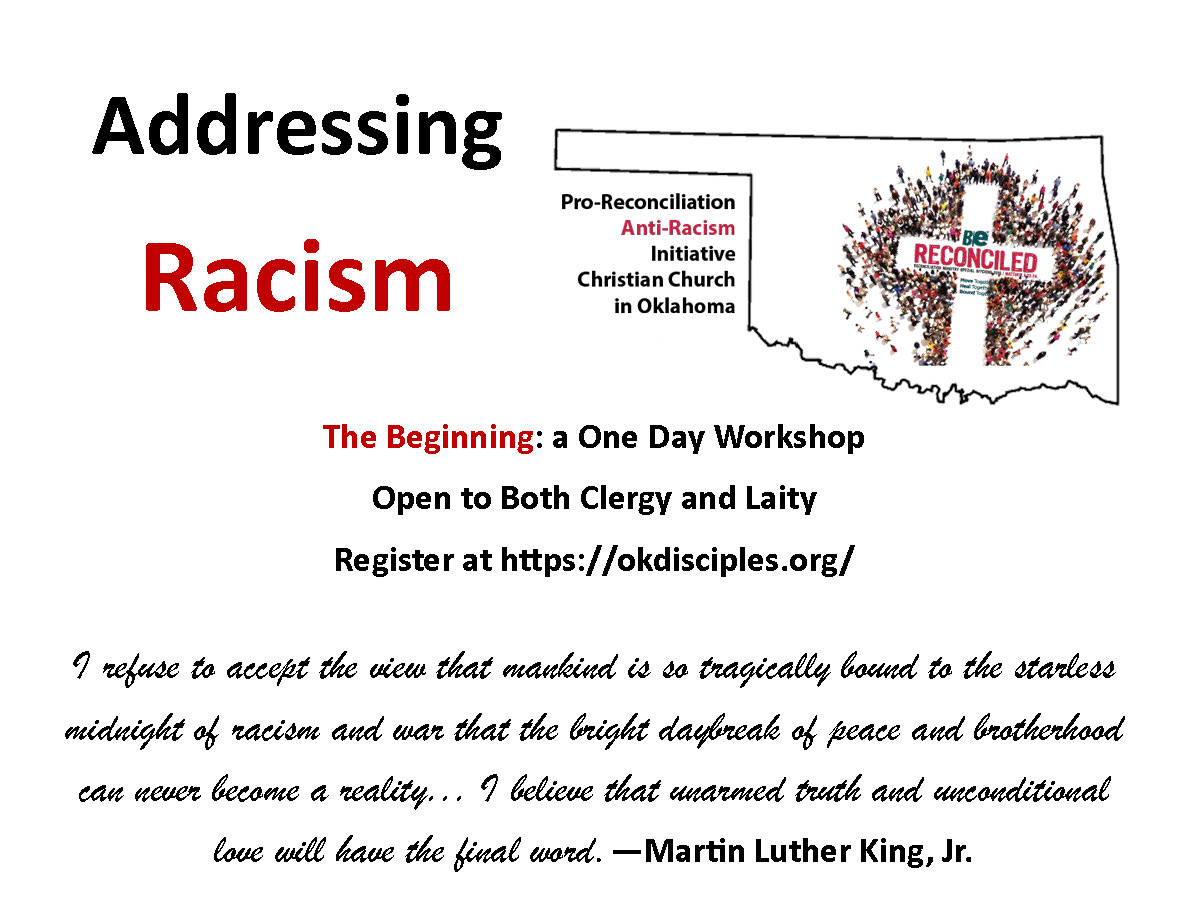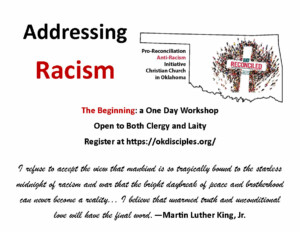2021 Reconciliation Grants
2021 Reconciliation Grants
Is your congregation leading, planning, or partnering with the work of reconciliation? Would a grant help your congregation with this ministry? It’ is time to apply for a 2021 Reconciliation grant through the Commission for Faith and Action.
Click here to download the 2021 grant application. All grant applications are due by April 15th. Contact Marilynn Knott, Commission Chair, or Rev. Michael Davison if you have questions.
Grant funding is provided by the gifts of our congregations to the special Reconciliation offering each year.



